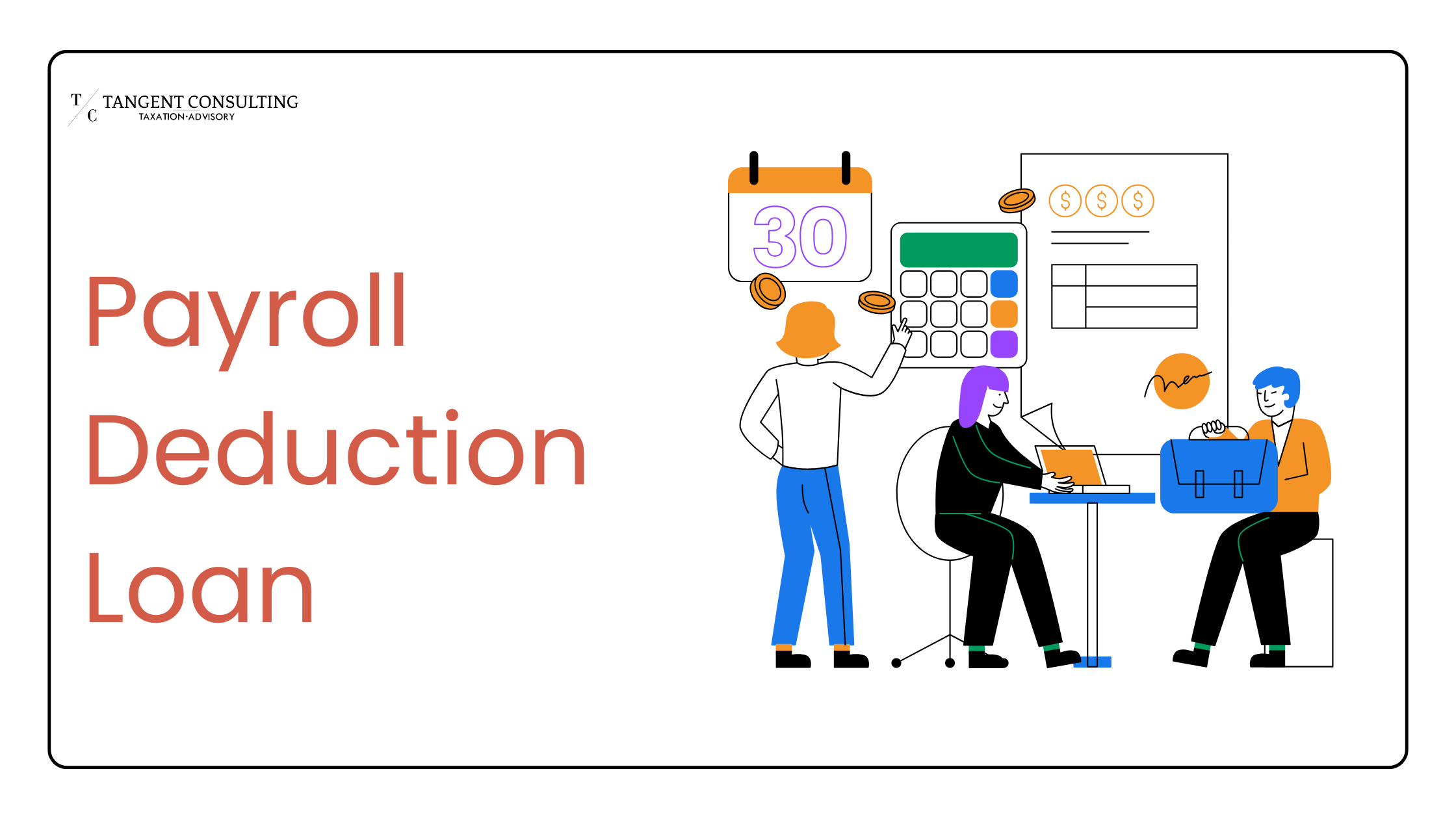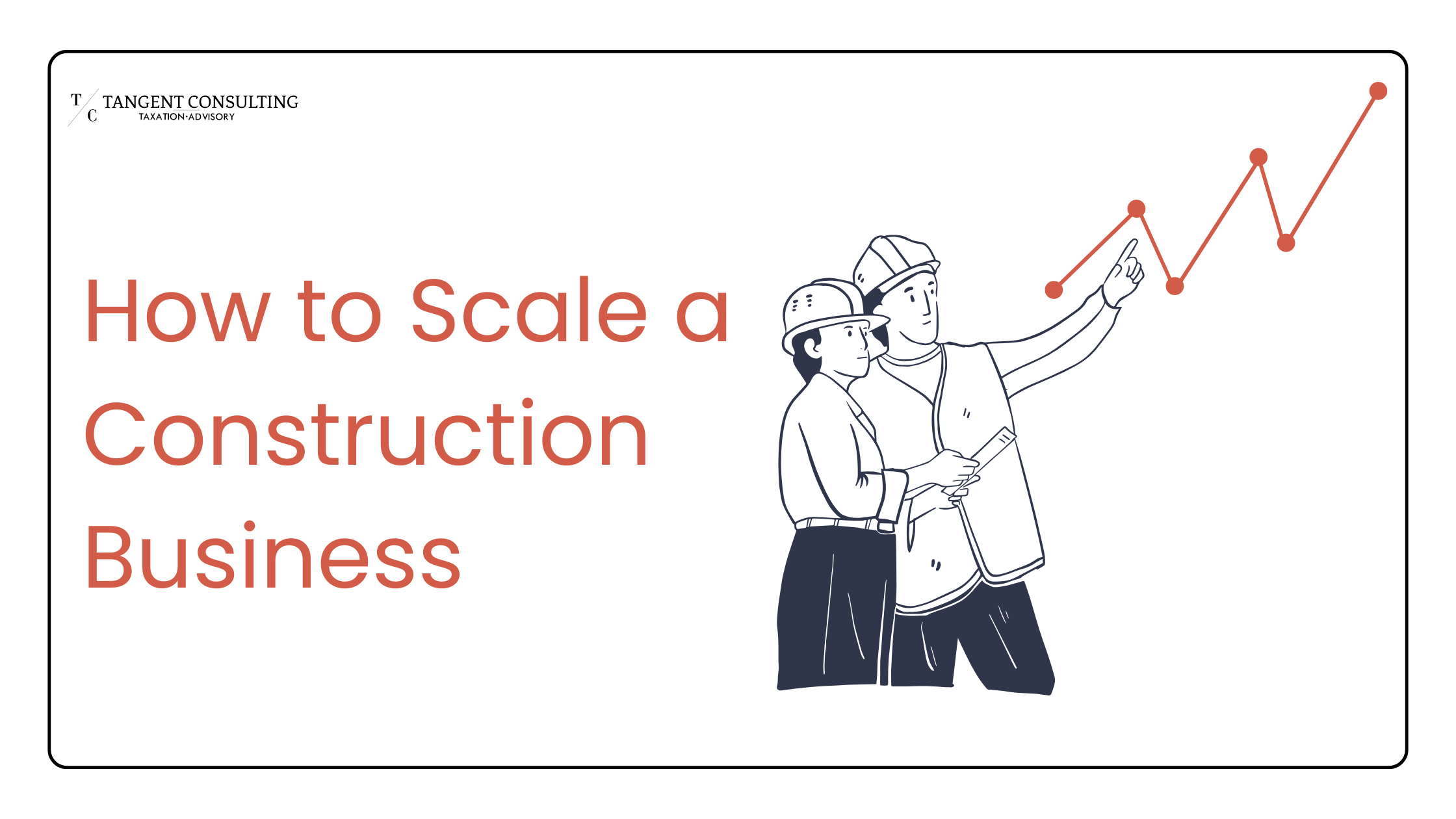Predicting the Effect of Canadian Budget 2024 on Small Businesses
Estimated reading time: 5 minutes
Predicting the Effect of Canadian Budget 2024 on Small Businesses
Ottawa proposed the Canadian Budget for year 2024-25 on 16 April 2024, in the House of Commons. We have already rolled out an article focusing on the positive effects of Canadian Budget 2024 on Small Businesses.
Now comes the not-so-positive part.
Inclusion Rate on Capital Gains Above $250,000
For Individuals
The federal government’s 2024 budget proposes to increase the inclusion rate for annual capital gains realized above $250,000 for individuals. The new rate would be two-thirds (66.66%), up from the current 50%. This means that for every dollar of capital gain above $250,000, two-thirds would be taxable.
Here’s a simple breakdown of how it works:
- For the first $250,000 in capital gains, an individual taxpayer would continue to pay tax on 50% of the gain.
- For every dollar beyond $250,000, two-thirds would be taxable.
This change is proposed to take effect on June 25, 2024. It’s important to note that any gains under $250,000 would continue to be taxed at the 50% rate.
For Corporations
For corporations and trusts, the changes would apply to all capital gains realized, regardless of the $250,000 bar. The proposal will exclude Selling a primary residence from capital gains taxes.
Example from an Investor’s POV
Imagine you invest $100,000 in a promising new company. Several years later, the company does well, and you decide to sell your shares for $300,000. In this scenario, your capital gain (profit) is $300,000 (selling price) – $100,000 (original investment) = $200,000.
Before the budget, only 50% of this capital gain was subject to capital gains tax. This means you would only pay taxes on $200,000 x 50% = $100,000 of your profit.
The budget proposal suggests increasing that 50% inclusion rate to 66.66%. This means a larger portion of your capital gain will now be taxed. For example, now that the new inclusion rate is 66.66%, you would owe taxes on $200,000 x 66.66% = $133,200.
You would pay tax on an additional $132,200 – $100,000 = $32,000 due to the increased inclusion rate.
Canadian Government’s POV:
According to the government, the current 50% inclusion rate on capital gains disproportionately benefits the wealthy. They earn relatively more income from capital gains compared to the middle class. “By increasing the capital gains inclusion rate, we will tackle one of the most regressive elements in Canada’s tax system,” said the budget document.
It’s advisable to consult with a financial advisor to understand the full effects of the Canadian budget 2024 on your investments and tax planning.
Digital Services Tax
When you buy a toothbrush in Walmart, the Canadian government taxes you (the customer) on the specific price of that toothbrush, instead of putting the tax burden onto Walmart (the company).
Instead, now the Canadian government will be taxing software companies that provide digital services to their customers instead of taxing you as the consumer.
While this may seem a good point initially, think of where the aforementioned company would get the money from? You!
In a similar case, the Montreal Economic Institute conducted a study in France that suggested that prices for Google and Amazon customers in France increased by 2-3% after a similar tax was implemented.
This means Canadians using these services could potentially pay more due to the DST.
DST was under negotiations for 2 years, but the government isn’t waiting on the table anymore. Canadian Digital Services Tax will come into effect in 2024, with the initial payments due in 2025, covering digital revenue generated back in 2022 and onwards.
Since the DST taxes revenue rather than profit, businesses that come under this obligation will have less to invest back into their businesses. In the case of startups, particularly tech, the tax could negatively impact their ability to disrupt the entrepreneurial market by creating innovative products because, profit or not, they will be taxed based on how much they generate in total revenue.
Canadian Entrepreneurial Incentive
While this incentive aims to help Canada’s entrepreneurs take risks and venture out more to develop and sell their small businesses, one can also argue that it misses the point.
Canadian entrepreneurs need cash in hand to buy/operate the business, not promises of reduced taxes on some hypothetical future profits.
The effects of the Canadian Budget 2024 on Small Businesses are still far away from being actually felt on the ground. However, seeing both the positive and negative parts of tax and strategizing your business’s finance operations accordingly can help you save more after-tax cash and keep it in your pocket.
Schedule your consultation to get a free analysis of your business’s finances and see how our Small Business Experts can help you scale your business!



